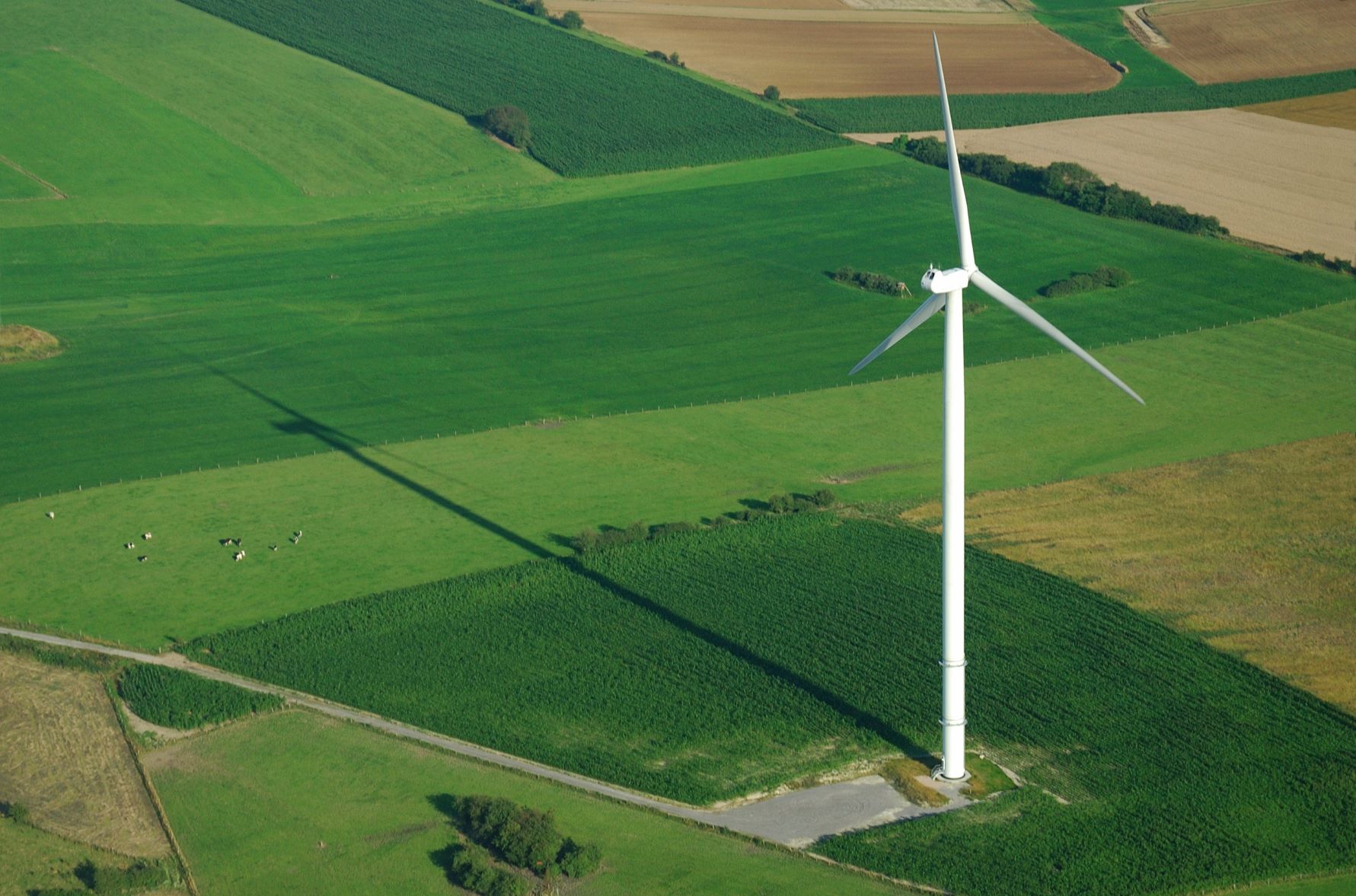The key role of the rural sector in achieving net zero

A version of this article first appeared in Land Business, Scottish Land & Estates Magazine in Autumn 2021.
It is widely acknowledged that we are at a critical turning point when it comes to tackling the climate crisis. The UN Climate Change Conference of the Parties, COP26, took place in Glasgow at the end of 2021 and discussions about how to combat climate change and work towards a more sustainable future are becoming increasingly commonplace.
Reaching net zero carbon emissions in the next 30 years is essential to prevent global warming levels from surpassing 1.5°C but as well as carbon emissions, we also need to focus on methane and nitrous dioxide emissions, which brings the rural sector into sharp focus. The UK is one of over 90 nations that joined The Global Methane Pledge at COP26, an alliance formed in a commitment to collectively reducing methane emissions by at least 30% from 2020 levels, by 2030.
The decarbonisation agenda can only be achieved by the electrification of a significant portion of society – historically around 90% of all greenhouse gas emissions (GHG) are Co2 which have arisen from burning fossil fuels for electricity, heat, buildings, and transportation - together with addressing the 10% of GHG arising from agricultural activities. Agricultural GHG emissions are in contrast to other sectors of the economy in that the principal GHG emissions for agricultural systems are 50% methane and 40% nitrous oxide.
Every farm and estate will start the journey to net zero from a different place and will need a unique action plan. Perhaps the journey starts with a land audit – an assessment of ‘where you are now’ and the production of a holistic climate strategy which takes you ‘where you want to be’. The strategy may factor in land management, sustainable farming practices which builds soil health and reduces the use of fertilisers, GPS technology to help with precision farming, renewable energy solutions, energy efficiency projects and natural carbon sinks.
What is abundantly clear is that agriculture and the land-based economy can play a key role in tackling climate change. It is uniquely placed to capture CO2 gas from the air and turn it, into a wide range of foods, fibres, and fuels. By enhancing this ability to capture carbon it can be used to generate ‘negative emissions’ – actively removing CO2 from the atmosphere and balancing emissions of methane and nitrous oxide from food production.

There is also an opportunity for landowners to generate environmental benefits from the land whist also creating a guaranteed additional income stream. We are seeing a significant flow of queries from our client base as to how best to structure their land-based operations and position the business so that they can offer carbon offset to the market to compensate for emissions within UK based businesses. It is also worth considering carbon credits - it is expected that a carbon tax may be introduced to penalise those who continue to pollute. Rural businesses will need to consider whether they monetise the carbon credits now but then bear a tax burden in the future on unabated emissions from their operations, or hold on to credits to offset against residual farming emissions. The latter may be preferable to a sale.
Many landowners are already seeing approaches being made by individual and corporate buyers offering anything from outright purchase to ongoing lease agreements for the right to operate and access the stream of income available from the management of the land to best monetise its natural capital. It is critical as a landowner to take time to understand what is being tabled and ensure the taxation of the proposal is fully understood, as well as the other wider commercial and financial concerns.
The challenge right now is that UK tax legislation is playing catchup and we still await HMRC’s guidance on the taxation of such income streams. Ultimately it is likely to come down to what is being offered by the buyer and the fundamental tax principles will apply but in other cases it may require more guidance from HMRC as to the ultimate taxation of the income generated.
For the landowner a capital versus an income return (if the business is unincorporated) may be more preferable given much higher rates of income tax (up to 46%). Also, the additional monies generated could create other tax issues such as the loss of Inheritance Tax reliefs, so any proposals tabled should be considered in full and thought given to preferred structuring whilst taking expert tax advice.
To discuss any aspect from this article or for more information, please contact me, or a member of our Energy, Infrastructure and Sustainability or Rural teams at jcca.co.uk.